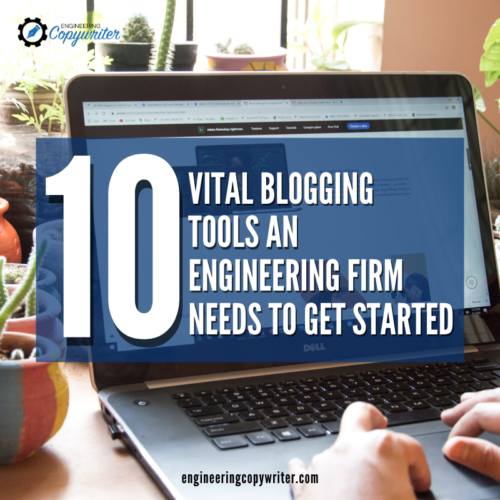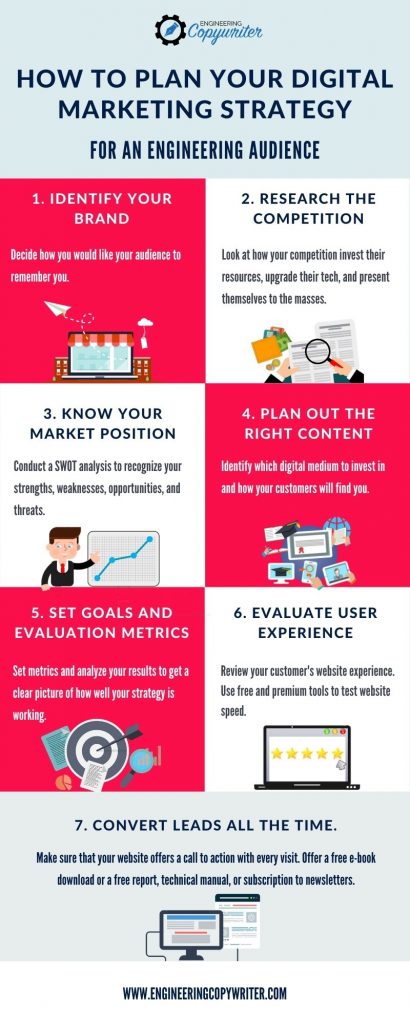5. Semrush
Semrush is a sophisticated marketing and blogging tool used by SEO experts. It has a user-friendly interface and sophisticated SEO-focused blogging tools. It focuses on keyword analysis, digital analytics surveillance, and the creation of scheduled posts. Charts will also be automatically generated for you.
The readability of the engineering content, the brand’s tone, and the content’s uniqueness can be examined here. It also includes a built-in pay-per-click (PPC) keyword analyzer and an ad builder.
Semrush assists you in coming up with innovative ways to employ templates and in creating advertisements that comport with Google’s standards. There are also workshops, manuals, and a vibrant SEO promotional network on this blogging tool. Some of the benefits are:
- – Easier digital availability management and control
- – More effective content marketing
- – SEO and online marketing integration
- – Improved control of PPC campaigns
- – Increased product listing advertisement (PLA) efficiency
6. Agorapulse
 Agorapulse is a digital networking blogging tool that allows users to organize all of their online networking accounts. It assists in the collection of data such as analytics, in-depth assessments, and online marketing. Agorapulse also offers a basic version for free. As a result, it can really be beneficial if you’re on a tight budget.
Agorapulse is a digital networking blogging tool that allows users to organize all of their online networking accounts. It assists in the collection of data such as analytics, in-depth assessments, and online marketing. Agorapulse also offers a basic version for free. As a result, it can really be beneficial if you’re on a tight budget.
Customized publication, technical analysis, and transaction processing are all available in this blogging tool. All of these things assist you in engaging and maintaining great relationships with your engineering customers.
7. Namecheap
Most people know Namecheap as a trademark acquisition and maintenance service. However, the blogging tool also provides web-hosting and related services. Digital certifications, identity insurance plans, and other services are available on this website. Its hosting solutions are dependable and always available.
8. Canva
Canva is a simple blog design tool. Use it to develop stunning and sophisticated graphical creations. Additional functions like drag-and-drop customization tools are also available to make graphics easier to create.
Canva has a library of approximately a thousand photos, images, and typefaces. Use them in your presentations, flyers, graphical maps, and beyond.
This design platform enables you to develop graphic content that is both attractive and informative. Its large selection of photos, styles, and themes enables the effortless creation of layouts.
Since it’s easy to customize, try incorporating components from your brand and product into your theme. Canva also provides collaborative settings that make it easier for team members to modify a shared design. You may also leave feedback on their work to help them better cooperate and interact.
9. Grammarly
Grammarly is the free version of the world’s most prolific automated proofreader. It is a powerful grammar editor with the most advanced grammar examining blogging tools. This program corrects spelling and grammar mistakes. It also detects incorrect context to guarantee that no details get overlooked.
Grammarly helps you improve your vocabulary by identifying and correcting faults. It also offers writing style options and improves the readability of your material. The following are some highlights you get from Grammarly:
- – Error corrections
- – Writing-style enhancements
- – A user-friendly platform
10. Asana
Asana is a web and mobile project management tool that can help your marketing team manage projects. Its design allows multiple team members to be added to a single account and collaborate on writing and designing projects. Its content-scheduling and planning tools are also specifically built to help you manage timelines. The following are some of its benefits:
- – User-friendly interface
- – Expansive integration
- – Collaboration-focused
Importance of blogging tools for your engineering blog
Blogging tools provide you with the instruments to create high-quality content that can successfully drive traffic to your website. The blogging tools above will help promote your blog on social media platforms, research keywords, and give insights for new content ideas. Drop us a line today if you are looking for a technical copywriter to help improve your engineering blog.








